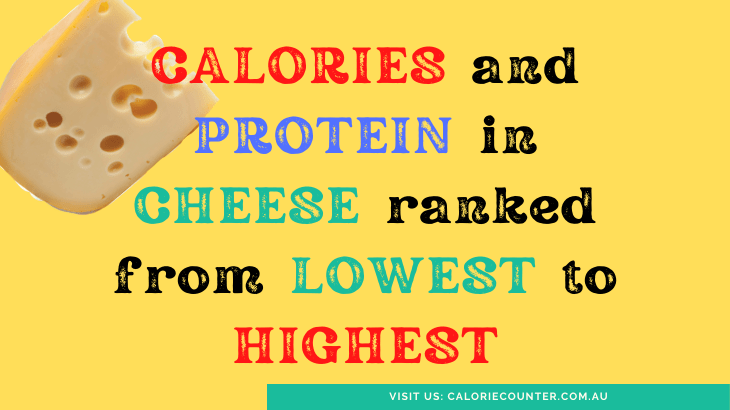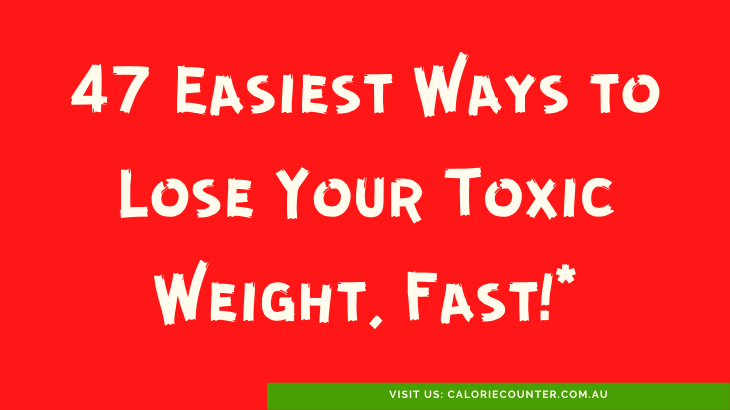Coconut oil has taken the internet by storm. Don’t believe us? Just Google it! It is the new “superfood” on the block.
Wading through all of the pages and pages of trendy article after trendy article, you would be forgiven in thinking that coconut oil was discovered last year in an ancient crystal treasure chest by deep-sea underwater cave divers who reverently surfaced and handed it to a waiting team of Nobel Prizewinning scientists for analysis and marketing.
However, the truth is a bit less mysterious. Coconut oil has been used for food, skincare, haircare, lamps and lubrication for thousands of years. More recently, it has been used to make soap, biodiesel, industrial lubricants and herbicides.
So what is all of the buzz all about, and can you actually use it to make something delicious at home, in your own kitchen?
What is it?
Coconut oil, as the name would suggest, is made from coconuts. Depending on the process used (there are several), the meat and kernels of mature coconuts is crushed to release the oil. Some processes are very natural, using little more than crushing and squeezing the coconuts after picking. Other processes use several sub-processes to dry, separate, hydrogenate and fractionate the oil. In some processes industrial solvents like hexane are added to separate the oil from the other constituents.
Not all Coconut Oil is the same
The different types of processing lead to different qualities of coconut oil, so if you buy some from your local supermarket or specialty store, try to get a feel for how it has been processed by reading the label carefully. When coconut oil is fractionated, some of its fatty acids are removed and with them go their health benefits. When coconut oil is hydrogenated, some of the fatty acids in it are transformed into trans fats. Trans fat is known to increase the risk of coronary heart disease and has been linked to Alzheimer’s disease, cancer, diabetes, liver dysfunction, infertility, depression and memory loss.
Why the hype?
Recent research into the health benefits of coconut oil has exposed several unique benefits:
- Coconut oil is different to other plant and animal oils because it has a unique blend of both short and medium chain fatty acids. This composition has been linked to healthier brain function, more efficient metabolism and an increase in “good” cholesterol in the blood.
- Unlike most plant-based oils available in the mass market, coconut oil does not need to be as intensely processed and chemically altered before it becomes a convenient liquid oil suitable for cooking. This makes it more chemically stable at high temperatures.
- Coconut oil contains lauric acid which is an easily digested fat usually found in human breast milk. Lauric acid has several proven health benefits including the ability to kill disease-causing bacteria and fungi.
These findings have sent the usual “superfood” marketing and media companies into overdrive. When you are looking for something sensational to report, or some new way to get people to open their wallets, nothing beats a new superfood. Acai yesterday, coconut oil today, maca root tomorrow, teff next week.
So, is it good for you?
Getting past the marketing hype, it is instructive to look at research which tests the general healthiness of populations which eat coconut oil as a matter of course, over generations. Remember that coconut oil is not something new, it has been consumed for thousands of years by people who live in places where coconuts fall from the trees whenever the wind blows. Surely, any health benefits would be evident in large groups of people who have used coconut oil as their main source of dietary oil?
Studies have been done, with mixed results. Some, like this one, show that people who eat coconut oil have very low rates of heart disease. Others, like this one, show that people who eat coconut oil have above average rates of heart disease. Take your pick!
Our Takeaway
The way we understand it is this: coconut oil is a healthier alternative to many animal and plant based oils, but it is not a miracle oil for all purposes. In terms of overall health benefits, it may be thought of as being comparable to extra virgin olive oil, but with different aspects for the health conscious. It should not be consumed in large regular quantities, but it can be added to a balanced diet and eaten regularly to fill in nutritional gaps left by overly processed “regular” oils. Don’t add spoonfuls of it to your coffee every morning as advocated by some, but do use it in two or three meals each week when a recipe calls for oil.
Classic Coconut Thoran 294 calories per 100g
So how does it taste? It is good. It has a slightly nutty taste with a gloriously rich mouth-feel when used in vegetable dishes. Its stability at high temperatures means that you are unlikely to get that distinctive tinge of bitterness that some vegetable oils leave as an aftertaste.
Why not try a classic coconut vegetable Thoran for dinner this week? Thoran is a popular coconut based dish from southern India. It is like a cross between a stir-fry and a curry. It goes well as a side dish to rice and chicken. Enjoy!
Ingredients:
1 bunch of kale, finely chopped
2 medium shallots, finely chopped
6 green chillies, finely chopped
¼ cup grated desiccated coconut
½ teaspoon mustard seeds
1 teaspoon uncooked rice
1 ½ tablespoons coconut oil
Salt and pepper to taste
Directions:
- Heat oil in pan
- When oil is hot, add mustard seeds and rice.
- When rice starts to swell, add the kale and stir.
- Mix shallots, chillies and coconuts in a small bowl, then place the mixture into the centre of the pan
- Stir the pan to mix all ingredients, then cover and cook for about 5 minutes on medium heat.
- Stir until the kale is as soft as you like it.
- Serve with steamed rice.
Coconut Oil is Good
Coconut oil is a good substitute for regular vegetable oil in many circumstances, but it has just as many calories.









